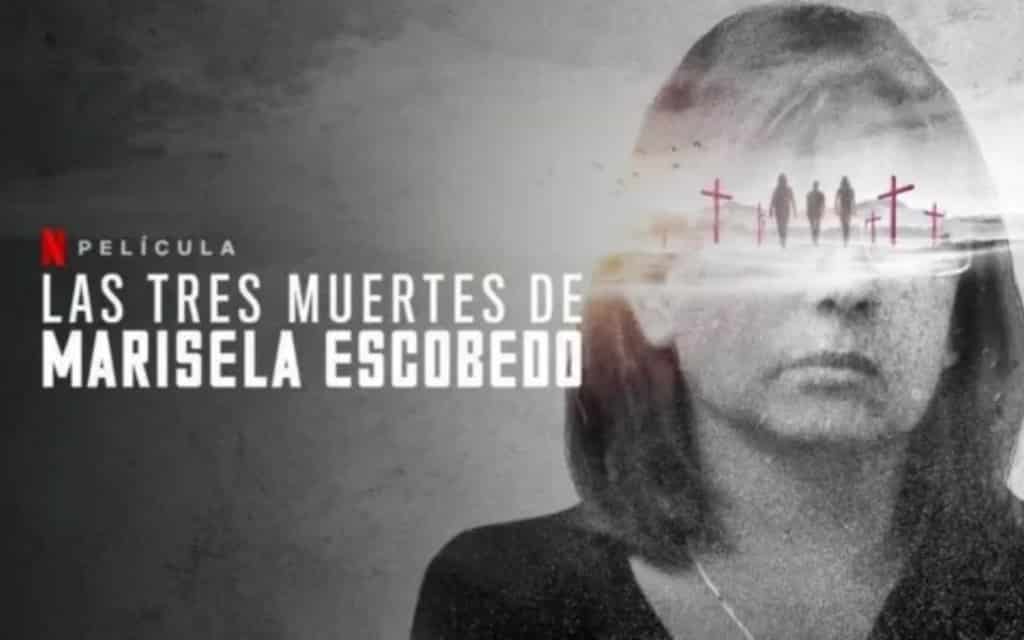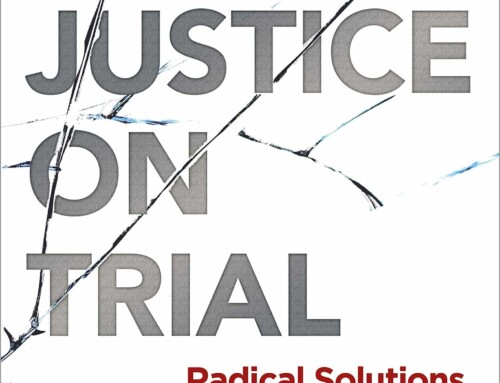Las tres muertes de Marisela Escobedo review
To mark the UN’s International Day for the Elimination of Violence against Women on 25 November, Anyone’s Child volunteer Ashley reviews ‘Las tres muertes de Marisela Escobedo’ (The three deaths of Marisela Escobedo), a Netflix documentary which highlights Mexico’s femicide crisis.
Last month Las tres muertes de Marisela Escobedo premiered on Netflix. The powerful documentary follows the story of Marisela Escobedo Ortiz, who became an infamous activist after relentlessly fighting for justice for her 16-year-old daughter, Rubi, who was murdered in Ciudad Juárez in 2008.
After searching for her missing daughter for several months, Marisela learned that Rubi was killed by her then boyfriend, Sergio Rafael Barraza. Despite a confession in court from Barraza in which he disclosed the location of Rubi’s dismembered body, he was later acquitted by judges for lack of evidence. Court footage shows the gut-wrenching moment in which the verdict is announced: Marisela drops to the floor and has to be forcibly dragged out of the courtroom by security officers. Her inconsolable grief is difficult to watch.
Over the course of the next two years, Marisela organised a series of marches and demonstrations, demanding Barraza be rearrested. Her inspiring courage eventually led to a circuit court overturning the acquittal and Barraza was sentenced for murder, but Barraza, now a suspected member of the Zetas cartel, had already disappeared.
In December 2010, Marisela herself was sadly murdered by an unidentified killer while collecting petition signatures on a sidewalk outside the Government Palace in the state capital of Chihuahua City. A surveillance camera recorded the moment in which Marisela spots her assassin, runs across the street and is executed on the palace’s doorstep. Barraza was strongly suspected of being behind her murder. He was reported to have been killed in a confrontation with the Mexican military in Zacatecas state in 2012.
Unfortunately, Marisela’s murder is one of few femicides in Mexico given a spotlight. The country has a history of femicide, and according to a report produced by UN Women, this phenomenon has been exacerbated by its War on Drugs. In 1985, Mexico’s annual femicide rate was 3.8 per 100,000 women. In 2007, it rose sharply to peak at 4.6 per 100,000 in 2012, slowing down in the following years and then rising again in 2019 to 4.4. Of the 52,210 killings of women recorded over the 32-year period, nearly a third took place in the last six years, the report said. Every one of these casualties was someone’s child, sister, mother or friend. A key driver behind the rise was Mexico’s then-president Felipe Calderón’s unsuccessful militarised offensive against drug cartels launched in late 2006. The report found the highest rates of violence against women were particularly prevalent in regions of the country which have seen more intense drug trafficking conflicts, like Guerrero, Zacatecas, and Marisela’s home, Chihuahua. In these states, women were more often than not killed by “the most cruel means” such as stabbing, beating and strangling; a reflection of widespread misogyny in the country.
Stories like Marisela’s serve to remind us how it is the lives of ordinary people that are being destroyed by the violence unleashed by the government’s assault on drug-trafficking groups. By regulating drugs to reduce the risks they pose, we can distribute the power of organised crime groups to the responsibility of medical professionals, such as doctors and pharmacists and save the lives of these women. Las tres muertes de Marisela Escobedo is a must watch.
Want to know more about the impact of the drug war in Mexico? Please watch our interactive documentary – Anyone’s Child Mexico – which features the testimonies of families whose lives have been wrecked by the drug war. Watch to see why they believe drugs should be legally controlled and regulated to help curb violence and save lives.


Leave A Comment